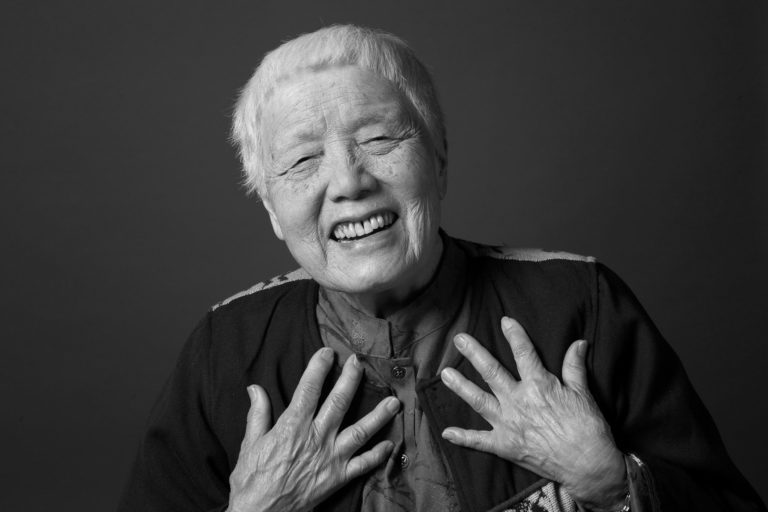August 4, 2016
Paulo Coelho
The Alchemy of Pilgrimage
The Brazilian lyricist Paulo Coelho is best known for his book, The Alchemist — which has been on the New York Times bestseller list for over 400 weeks. His fable-like stories turn life, love, writing, and reading into pilgrimage. In a rare conversation, we meet the man behind the writings and explore what he’s touched in modern people.





